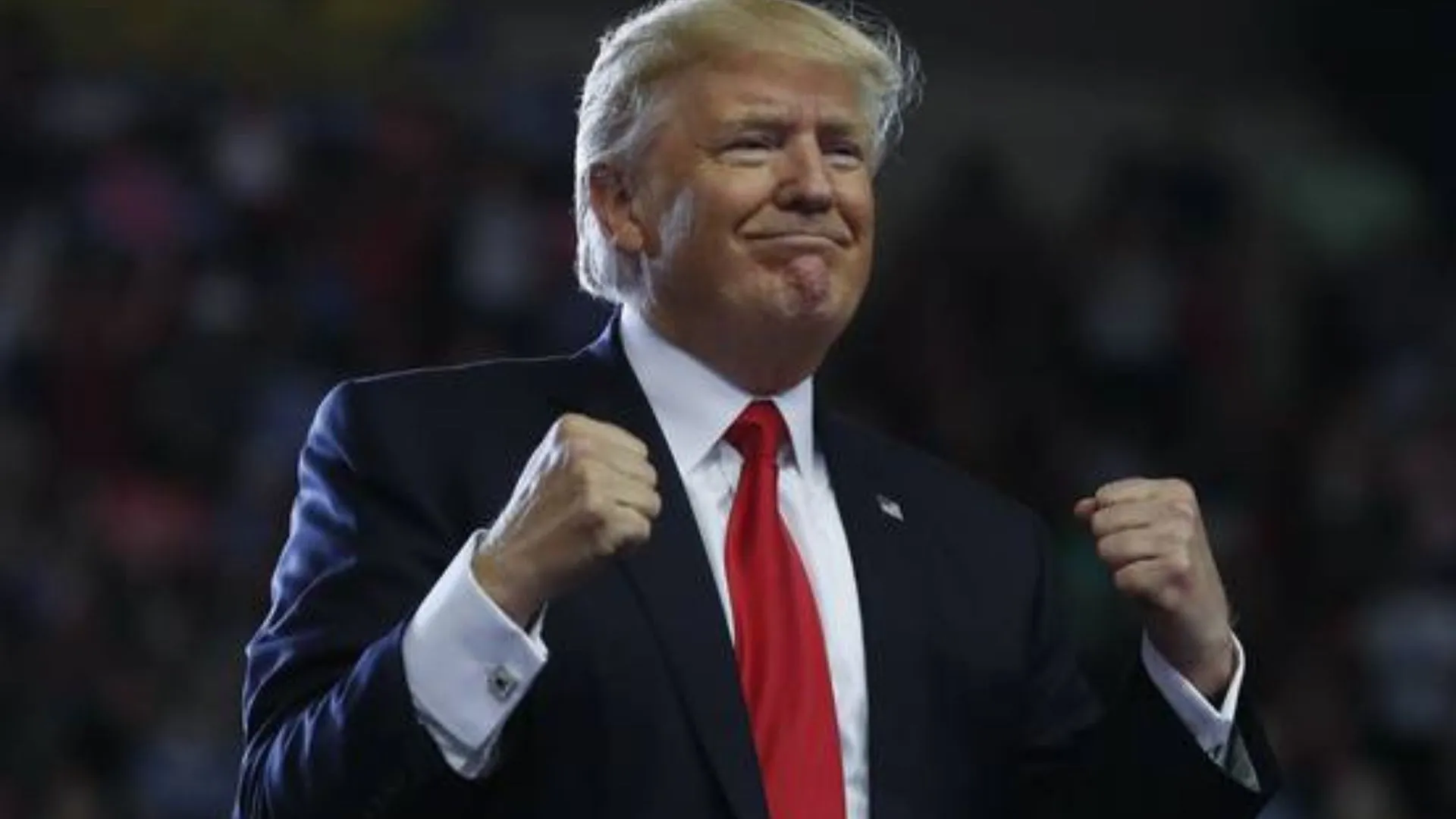U.S. Attorney Breon S. Peace from the Eastern District of New York had indicted Gautam Adani, founder of the Adani Group, and his nephew Sagar Adani among several others for conspiring to bribe Indian government officials in exchange for solar energy contracts. The charges also include conspiracy to violate the U.S. Foreign Corrupt Practices Act (FCPA). Significantly, although the charges include counts of bribery and obstruction of justice, this indictment does not identify a single Adani executive in regard to these charges.
The 54-page indictment, filed by the U.S. Department of Justice, claims that Adani Green, which reportedly included American members, had issued bonds without disclosing to investors that it was allegedly engaging in bribery to secure contracts in India. The document outlines the specific details of the purported bribery scheme, including which Indian government officials were allegedly targeted for bribes, the locations of meetings, and other such particulars. However, despite these claims, the indictment fails to provide any concrete or verifiable evidence to back up the accusation that bribery ever occurred.

In an exclusive interview with NewsX Executive Editor Megha Sharma, Senior Economist Dr. Sharad Kohli, Senior Journalist Gautam Mukherjee, and Economist Mitali Nikole shared their perspectives on the ongoing Adani indictment row.
Legal Jurisdiction And The Lack Of Evidence
Dr. Sharad Kohli, a senior economist, discussed the legal implications of the case, particularly focusing on the issue of jurisdiction, or “locus standi.” He explained that, in legal terms, if a crime is committed in one country, it cannot be tried in another country without following a proper legal procedure. He emphasized that the U.S. court had not adhered to the established protocol in the case, which undermines the validity of the indictment.

Dr. Kohli stated, “You’re referring to ‘locus standi,’ which in legal terms refers to jurisdiction. If a crime is committed in Bengal, for example, it cannot be tried in Delhi. Jurisdictional issues exist within countries, and when it comes to cross-border matters, there is no locus standi. Let me give you a bit of background on this. There was a Hague Convention signed in 1965 and a mutual legal assistance treaty (MLAT) between India and the US. Under these, if you want to accuse someone in another country, the US must write to its Foreign Secretary, who will send it to the Indian Embassy.”
“The Indian Embassy then communicates this to India’s Ministry of External Affairs, which in turn passes it on to the Home Ministry or the relevant department. This is the protocol that must be followed. If a US court directly sends a summons, notice, or indictment to an Indian citizen in India, it has no legal standing. I’m surprised that the US court did not consider the Hague Convention or the mutual legal assistance treaty, as this protocol has clearly been breached. It has no merit,” he added.
Dr. Kohli further criticized the foundation of the case, describing it as being based on conjecture rather than solid evidence. He stated, “In legal terminology, we call this a case based on conjectures and surmises. When you file a case, it should be based on solid evidence, not hearsay. I’m so glad that the US Department of Justice cleared this up.”
Furthermore, he said, “There were people talking about investigations in India, with much noise from opposition parties like Congress. However, there is no need for such noise now that the US Department of Justice has refuted these charges. This is an open-and-shut case. There is no substantiated evidence to support these claims. As I said earlier, the idea that Mr. Adani is somehow being spied on with encrypted messages or secret technology is laughable. This entire case is based on unfounded speculation and has no substance.”
Economic Impact On Adani Group
The indictment has already had significant financial repercussions for the Adani Group, as major rating agencies such as S&P have downgraded the group’s companies, wiping billions of dollars from their market value. In addition, contracts between Adani and other companies in Bangladesh, Kenya, and Sri Lanka have been negatively affected.
Senior Journalist Gautam Mukherjee highlighted that this was the third major setback for the Adani Group, following the Hindenburg report and the recent indictment. Mukherjee emphasized that the allegations were unsubstantiated, calling them a baseless attack.
Mukherjee further argued that, despite the temporary financial strain, the Adani Group would ultimately recover. He remarked, “What happens is that some ratings agencies downgrade, while others upgrade. Some say this situation is serious, while others dismiss it. This has happened before, and it’s happening again. If we extend this timeline to early 2025, this will be another failed hit job, and Adani will come back stronger. There’s nothing permanent about this. It’s an attempt to tarnish the image and reputation of one of India’s most prominent business groups in the hope of damaging the Indian government. Both will come out unscathed. The methodology of this attack is so flawed that once it’s scrutinized, it starts to fall apart. That’s what’s happening now, and in a day or two, the truth will be evident.”
Possibility Of Defamation
Mitali Nikole, an economist, also discussed the financial toll the allegations have taken on the Adani Group, emphasizing the real losses in terms of reputation and stock market value. Nikole pointed out that while the charges may lack legal standing, the reputational damage and the financial consequences are undeniable.
“From a legal perspective, the charges may have no basis, as other panelists have pointed out. However, from an economic standpoint, the firm has suffered significant financial damage. If the charges are proven false and dismissed, there is a case for defamation. The Adani Group’s reputation has taken a hit, and even the Andhra Pradesh government is reconsidering contracts, which could result in further losses. Financial losses are not just theoretical but real, especially in terms of lost deals and stock market value.”
Nikole also argued that Indian regulators like SEBI should take action in light of the allegations. “Given this, there should be action taken against those making these false allegations. The Indian government and SEBI have the authority to investigate, particularly SEBI, if they suspect these allegations are part of a calculated attempt to target Indian companies.”
Outlook For India-U.S. Relations
Looking ahead, Nikole expressed optimism about the future of trade relations between India and the U.S. She suggested that the new administration under President Trump could offer fresh opportunities for cooperation. “Despite the backlash India faces from various countries, with a supportive U.S. administration, there’s a lot of potential for trade, technology cooperation, fintech, finance, and even renewable energy. While the President may have disagreements on coal, he has advisors like Elon Musk who strongly support renewable energy and new technologies. This is India’s strength, and India can do a lot with the U.S. It’s time for both countries to work more closely together.”
The case against the Adani Group has been controversial, with many experts questioning the validity of charges and the lack of substantial evidence as the legal case progresses.
Watch the exclusive interview here:

















